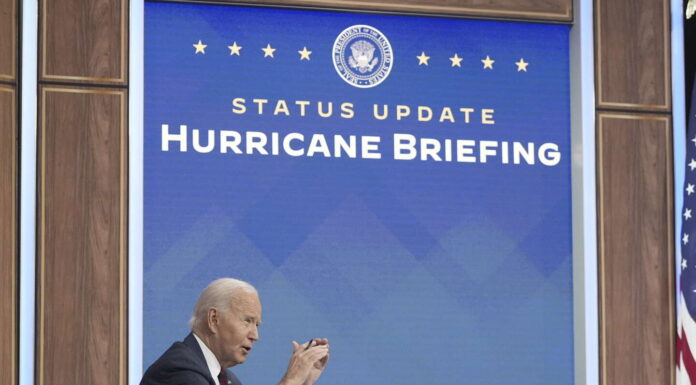The Hungarian Prime Minister’s presentation of his priorities for the Hungarian Presidency has polarised his admirers and his critics.
The division was evident from the reaction at the end of the debate: robust applause from one side of the chamber, resounding boos from the other.
Hungarian Prime Minister Viktor Orbán’s speech presenting his priorities for the Hungarian Presidency of the EU split the European Parliament into admirers and critics.
One of the most critical political groups was the European People’s Party, of which Orbán’s Fidesz party was a member until March 2021.
“Corruption is killing Hungary’s future,” said leader Manfred Weber in his speech. “You, Mr Orbán, represent the past.”
Peter Magyar, leader of Hungary’s main opposition party, Tisza, was also harsh in an interview with Euronews.
Accusations from the left
Several MEPs from left-wing parties challenged Orbán outside the hemicycle in Strasbourg, some even boycotting his speech and entering only for the ensuing debate.
These factions are especially concerned about the respect for democracy and the rule of law in Hungary. Many of them called Orbán an “autocrat” during their speeches in the chamber. German MEP for Green/Ale Daniel Freund openly called him a “dictator”.
“Orbán has turned Hungary into the most corrupt country in the European Union, today at the bottom of many rankings on democracy, the rule of law, and respect for civil liberties,” Daniel said, going on to criticise Hungary’s foreign policy.
“We have already seen Orbán visit Putin, Xi and Donald Trump. And I’m afraid we haven’t seen everything yet. There is an extremely uncertain election coming up in the United States. So what would happen if Orbán, on behalf of the EU, tried to interfere?”
Meanwhile, Fabienne Keller, a French MEP from the Renew Europe group, attacked the Hungarian government’s migration policy, which calls for more border controls and the implementation of “hotspots” outside EU territory to verify the asylum rights of migrants before letting them enter EU countries.
“The European solution would be the implementation of the Migration and Asylum Pact, which Hungary voted against,” Keller said. “Orbán proposes unworkable solutions, but I have to admit that the ideas of the extreme right are spreading in Europe.”
Admiration from the right (with some reservations)
It was precisely his approach to the migration issue, as well as his defence of the traditional family, that earned Orbán praise not only from his own political group, Patriots for Europe, but also from the parliament’s other two radical right-wing groups, the European Conservatives and Reformists and Europe of Sovereign Nations.
“It was a very concrete speech and focused on the urgencies that a presidency should address: energy costs, the competitiveness of European companies, border protection,” Italian Lega MEP Paolo Borchia told Euronews.
Jorge Buxadé Villalba of the Spanish party Vox called Orbán’s speech “a breath of fresh air” and criticised the rest of the leaders of the EU countries and institutions.
From the Conservative group, there were many expressions of approval — but also some caution when it came to the Russian invasion of Ukraine.
Orbán did not mention it in his opening speech, but he had already specified his objective in a press conference the day before: to obtain a ceasefire between Ukraine and Russia through dialogue with Moscow.
That position did not please ECR co-chair Nicola Procaccini.
“In addition to internal enemies, the EU has a very dangerous external enemy: the alliance between Russia, China, Iran and North Korea,” he said.










